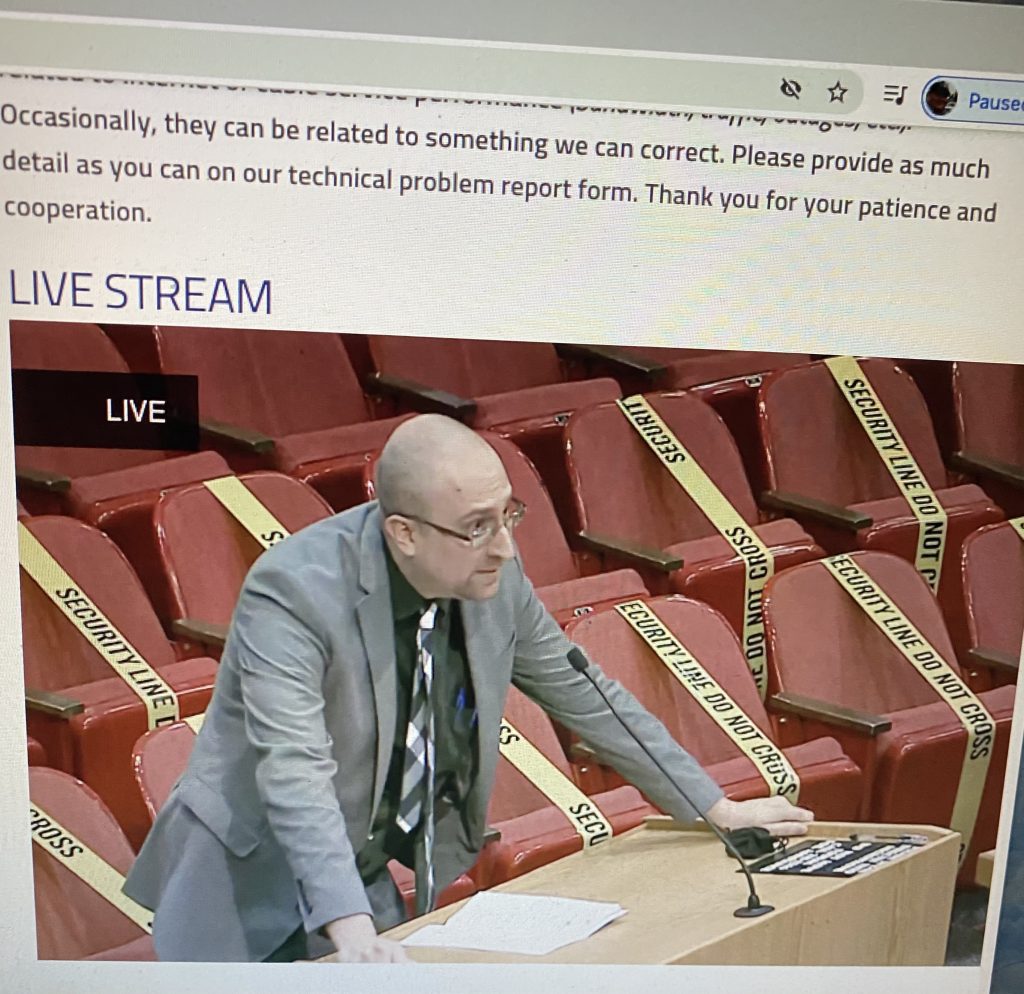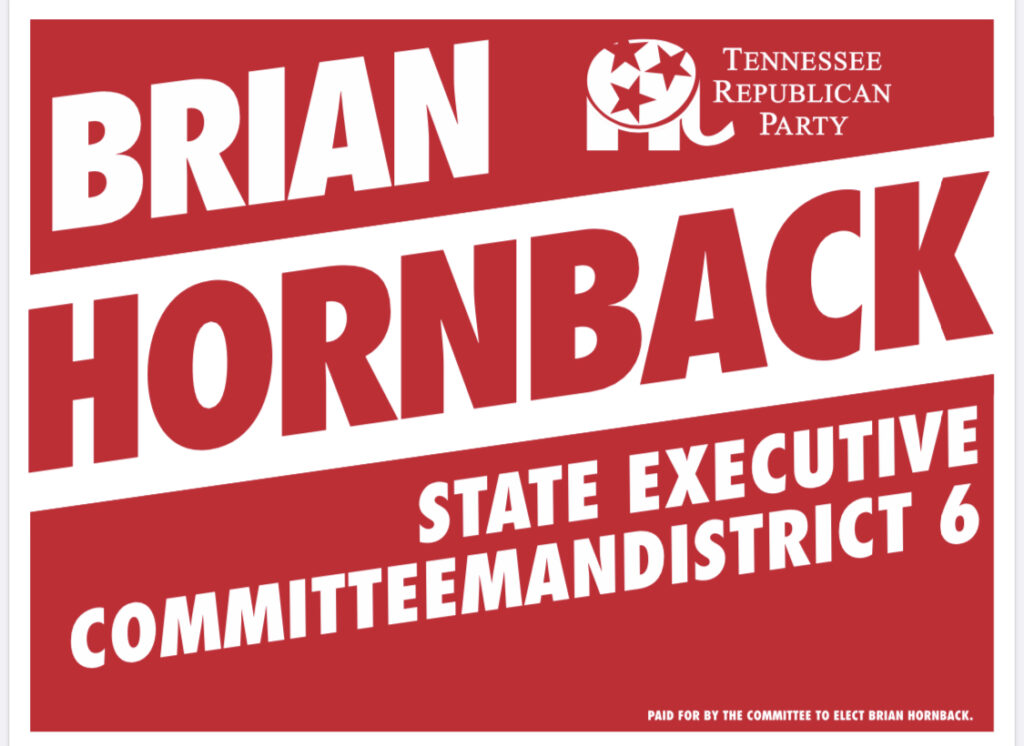In tomorrow (June 21, 2022) afternoon’s Knox County Commission Work Session there will be two Ordinance proposals to change the Knox County Merit System for Sheriff’s Employees. One is conforming to the state act of 1974. Second is one drafted by Commissioner at Large Seat 10 Larson Jay. That iteration has raised Constitutional questions. Constitutional Conservative Attorney Steve Weiner has communicated the obvious constitutional flaws in Jay’s plan. Weiner has sent his concerns to all Commissioners and intends to be present tomorrow at the meeting. Weiner’s email is below.
Ladies and Gentlemen,
I am writing to express my grave concerns about proposed ordinance O-22-6-103. I have had the opportunity to review it and some portions of it run contrary to state and federal law. In order to avoid potential litigation and the associated costs which the taxpayer would bear, I would like to draw your attention to two fatal flaws in this proposal.
The first fatal flaw in this ordinance is constitutional. This proposal introduces a restriction on political activity of Merit Council members. Merit Council members cannot actively participate in local political campaigns. See 42-53(c)(2). The proposal further restricts candidacy of members for public office and requires resignation of such members from the Council. See 42-53(c)(3). This ordinance directly refers to Council members as simply another category of county employee. See 42-53(c)(1). Council members are subject to various county Human Resources requirements such as training (42-53(c)(1)) and office budget (42-53(e)). The Supreme Court of the United States, with one notable exception which will be outlined below, has held “the Constitution prohibits a government employer from discharging or demoting an employee because the employee supports a particular political candidate.” Heffernan v. City of Paterson, 136 S. Ct. 1412 at pg. 1417 (2016). Furthermore, this “basic constitutional requirement reflects the First Amendment’s hostility to government action that “prescribes what shall be orthodox in politics.” Id. citing West Virginia Bd. of Ed. V. Barnette 319 U.S. 624 ant 642. The remedy for parties aggrieved by such restrictions is a civil rights action brought under 42 U.S.C. 1983. Id. at 1418.
As mentioned, there is one notable exception to this rule. First, “neutral and appropriately limited policy may prohibit government employees from engaging in partisan activity.” Id. (emphasis mine). While at first glance that might seem to be what is going on in this ordinance, it is important to understand that this proposal restricts all political activity of board members. This ordinance is not at all “appropriately limited” in that it applies to Council members supporting any local candidate in any way and includes a wholesale ban on running for any office. One scenario in which a restriction might be appropriate would be a ban on Council members campaigning for or against a particular candidate for Sheriff and requiring candidates for Sheriff on the Council to step down. It appears that there must be some sort of reasonable connection with the restriction placed and the harm the restriction seeks to remedy. This ordinance, at best, invites federal civil rights litigation and at worst would subject Knox County taxpayers to foot the bill for an adverse judgment in a federal civil rights lawsuit.
The second fatal flaw in this ordinance is that it does not comply with the Tennessee Civil Service Law of 1974. It differs in:
1. Membership (proposed ordinance has seven members, state law requires three)
2. Appointment (proposed ordinance provides for appointment of three members by the County Mayor and four appointed by Commission where the state law requires three members selected by Commission only)
3. Minimum age of service (proposed ordinance says 21, state law says 18)
4. Rulemaking authority (proposed ordinance says proposed rules must be approved by commission, state law vests this authority in the Board)
5. Hear grievances (proposed ordinance changes state law and would adopt a local definition of grievances contrary to state law)
6. Determine fringe benefits (proposed ordinance restricts this in Sec. 42-67 in contravention of state law TCA 8-8-409(9))
Further differences can be noted by comparing proposed 42(f) with T.C.A. 8-8-409. There may be other differences which I do not have the time presently to investigate, so I encourage members to carefully compare this proposed ordinance with the Civil Service Law of 1974.In closing, adopting this proposed ordinance would create potential for federal civil rights litigation and does not comply with the Tennessee Civil Service Law of 1974 in several respects which could lead to further state court litigation and taxpayer cost. The idea of cleaning up our ordinances concerning the Merit Council is to provide clarity and to avoid the potential for litigation in the future. At least that is my understanding. I encourage members and the Law Director’s office to carefully consider these issues and act appropriately. Please contact me by reply email should you have any questions or discuss it with me tomorrow. I plan on being in attendance at tomorrow’s workshop meeting barring any unforeseen circumstances.
Sincerely yours,
Steven M. Weiner, Esq.























